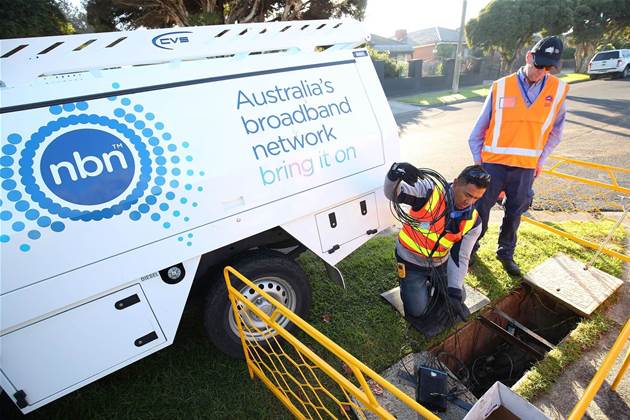NBN Co is all but clear of opposition to its revised prices and service standards, with attention now on the practicalities and costs of backend system changes, and how to ‘sell’ two price rises between December and mid-2024.

Internet provider submissions to the ACCC, published late yesterday, for the most part want the special access undertaking (SAU) revision process to finish, so they can move on.
The revision process has been active since early 2021, and while many internet retailers have “misgivings” with where it ultimately ended up, there’s no appetite to prolong the process further.
If the ACCC moves on its anticipated timeline, quickly proceeding to a decision, the changes could be in place by Christmas.
“The issues associated with the SAU and alternative options have been aired and discussed, and Telstra has provided many submissions arguing for lower wholesale prices,” Telstra said.
“It is now, however, time to close out the process and prevent any further delays that will have a detrimental impact on [retail internet providers] and customers.”
Launtel is even more succinct: “Enough already, let’s do it!” it said.
The price model immediately favours customers on speed tiers of 100Mbps or more, with those on more popular 50Mbps and below plans facing a pair of price rises within six months.
That eventuality is still deeply unpopular.
TPG Telecom said it “remains concerned about the consumer impact of NBN Co imposing two
consecutive price rises within a short period, and believes NBN Co should forego the [latter] July 1 2024 increase.”
Aussie Broadband said it “strongly objected” to what amounts to a “double price shock” on some of the most cost-sensitive users.
“We urge the ACCC and related stakeholders to actively forego the planned July 2024 pricing review in favour of providing cost-of-living relief in the form of stable pricing from NBN Co to Australian households and small businesses,” Aussie Broadband said.
“We recommend that the July 2024 CPI [consumer price index-based price] increase be deferred and included in the July 2025 increase to provide a reasonable initial period of price certainty for end users.”
Ultimately, though, all NBN customers will face a once-a-year price rise of some sort, with NBN Co mapping that out in two- or three-year increments.
The attention now turns to the ACCC taking care of decision formalities on its end, and to IT and business process rework required to implement the changes at a retail level.
NBN Co is providing some funds that can be put towards the system rework, but some providers, particularly the smaller ones, say it’s insufficient.
CBA-backed More Telecom - which buys NBN services through Vocus - is particularly worried about how it can implement the changes in time, and asked for the 50Mbps changes to be deferred until April next year.
There are also residual concerns about how the changes to 50Mbps and below pricing will impact service quality on those tiers.
Launtel said it may just give up on the lower speed plans entirely: “We are not confident that it will be worth us continuing to offer the 50Mbps (and below) speed tiers due to their complicated and less predictable pricing and certainly.”
Others with more entrenched user bases in the lower tiers noted that the price rises would put increased focus on NBN service quality.
Broad-based commitments to service quality are set to remain low for the foreseeable future, with NBN Co only expecting to raise standards significantly when more of its network - and customer base - is served by fibre.
“The ongoing increases in NBN prices that will occur under the SAU mean that end users will have higher expectations of their NBN services over time, in terms of quality and performance,” Optus said.
“End users will expect existing performance and quality issues to be addressed and for new issues to be resolved quickly.
“It is imperative for the ongoing success of the government’s investment in high-speed broadband infrastructure, that the quality and performance of NBN services be reliable and represent good value for money for end-users.
“Otherwise, we consider that those end-users who are in a position to consider alternatives may well do so or further downgrade their NBN services instead of taking up poor quality NBN services whose prices continue to increase over the life of the SAU.”

.jpg&h=140&w=231&c=1&s=0)

.jpg&h=140&w=231&c=1&s=0)


















